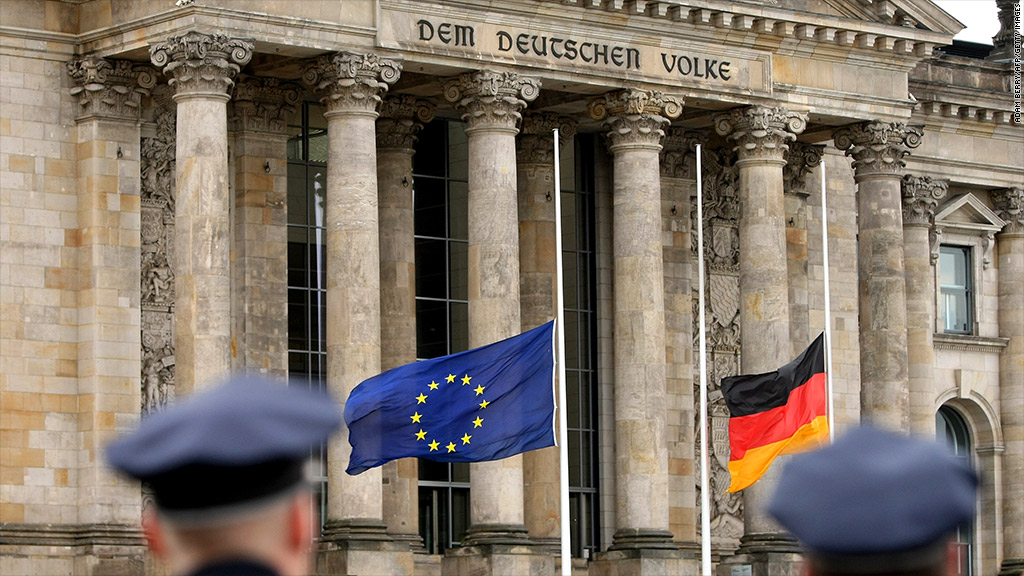
Germany is heading for a recession of its own making, warned billionaire George Soros.
In a speech in Frankfurt this week, the Hungarian-born investor said he expected Europe's largest economy to be contracting by the time Germans vote in national elections in September.
Pointing to the Cyprus bailout, he said the eurozone crisis was far from over and was likely to become more acute in the months ahead.
"Germany itself remains relatively unaffected by the deepening depression that is enveloping the eurozone," he said. "I expect, however, that by the time of the elections, Germany will also be in recession."
Eurozone gross domestic product shrank by 0.6% in 2012 and is forecast to contract by a further 0.5% this year, according to the European Central Bank.
Germany, which accounts for nearly 30% of eurozone output, has avoided falling back into recession since the depths of the financial crisis in 2008-2009. GDP shrank in the fourth quarter of 2012 but economists expect a return to weak growth in the first quarter of this year. The German government forecasts growth of 0.4% in 2013.
Soros said Germany's insistence that eurozone states follow a policy of austerity, coupled with ECB monetary policy that is "out of sync" with the quantitative easing being pursued by other major central banks, would dampen activity.
Related: Portugal plans new cuts to save bailout
"The financial problem is that Germany is imposing the wrong policies on the eurozone," he said, pointing the finger at austerity measures that have left the countries of southern Europe stuck in recession and with record levels of unemployment.
"When everyone is doing the same thing it simply doesn't work: it is clearly impossible for all members of the eurozone to improve their balance of trade with one another," he said.
Data released Tuesday showed German exports fell 1.5% in February, a weaker performance than many economists were expecting. The eurozone accounts for about 40% of Germany's exports.
Soros said Germany faced a stark choice if it wanted to lead Europe out of a crisis largely of its own making: accelerate the process of eurozone integration with the aim of pooling debt and issuing Eurobonds; or leave the euro so that others can issue common debt.
Germans were resolutely opposed to Eurobonds, he acknowledged, but provided they were accompanied by tighter budget rules, the benefits of lower borrowing costs in peripheral states would far outweigh the higher price Germany would pay for its debt.
"My first preference is for Eurobonds; my second for Germany leaving the euro. Either choice is infinitely better that not making a choice and perpetuating the crisis," Soros said.


